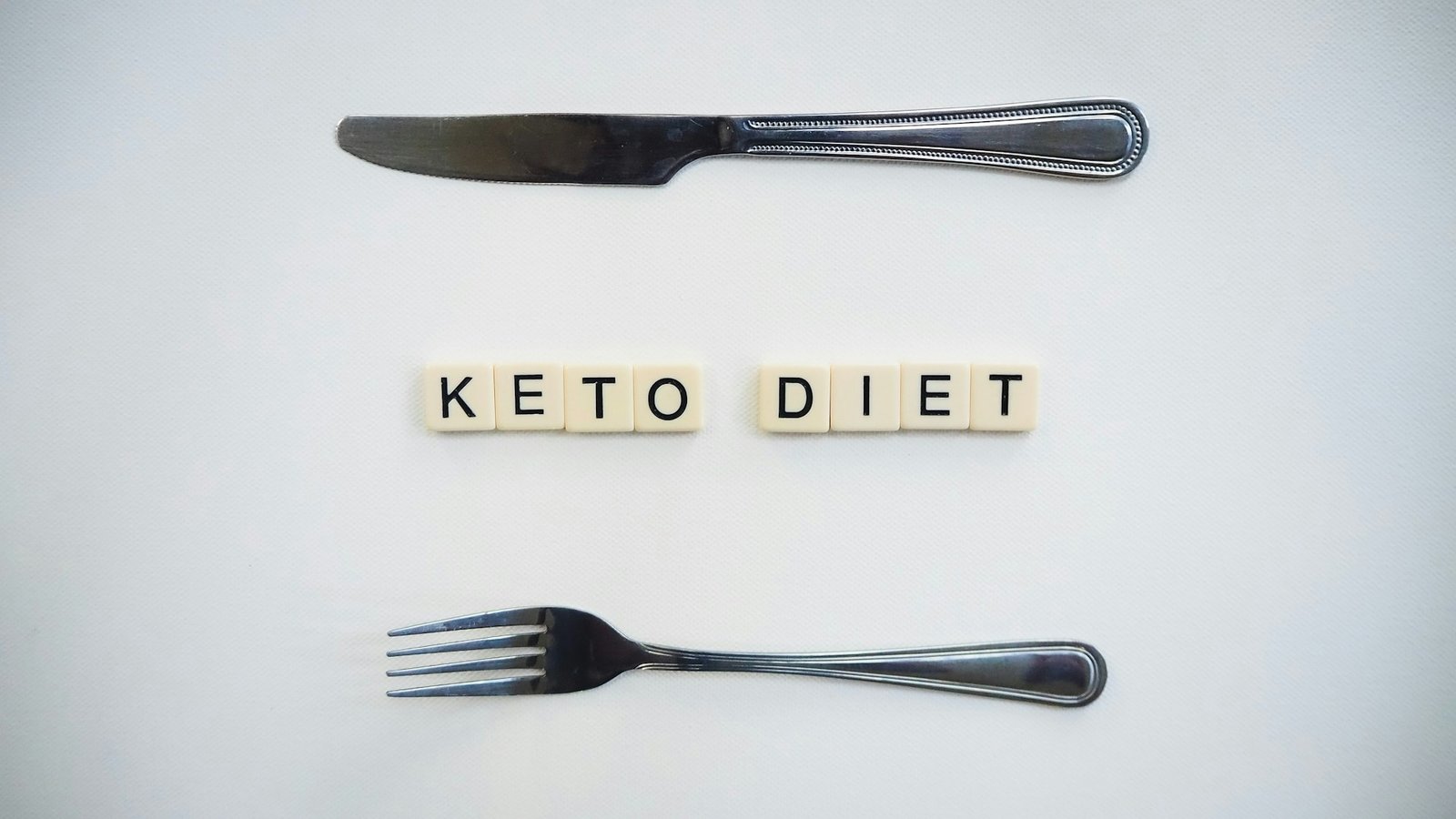
What are the potential benefits of a keto diet?
The goal of the keto diet is to make the body use fats as the primary energy source, particularly for the brain, instead of glucose, which is typically used in a mixed diet. When carbohydrates are excluded as the main energy source, the body starts to use fats for this purpose. During fat metabolism, so-called ketone bodies are produced, which is why the diet is called “keto.”
The main therapeutic effect depends on the level of these ketone compounds in the blood:
- 0.5 to 1.5 mM/L – no ketosis and no effect;
- 1.5 to 3.0 mM/L – beginning of therapeutic effect;
- 3.0 to 5.0 mM/L – maximum therapeutic effect in severe metabolic diseases.
Further accumulation of ketone bodies in the blood can lead to a pathological condition known as ketoacidosis. Under a regular keto diet, such a level of ketosis is unattainable for healthy individuals. Ketoacidosis occurs with absolute insulin deficiency in diabetes, more commonly in type 1 diabetes, but it can also occur in type 2 diabetes.

Let’s consider the positive effects of the keto diet:
- Weight loss and prevention of insulin resistance: High carbohydrate intake leads to excessive insulin production, causing insulin resistance and consequently obesity and diabetes.
- Prevention of liver diseases: Excessive insulin production causes excess glucose to be stored in the liver as fat, leading to steatohepatitis or non-alcoholic fatty liver disease. The keto diet alleviates this problem.
- Reduction in bad lipid fractions: Levels of triglycerides, low-density, and very-low-density lipoproteins decrease. Contrary to common belief, it’s carbohydrates, especially “simple” carbohydrates, that are responsible for their accumulation, not fats.
- Lower blood glucose levels: This is significant for those with carbohydrate metabolism disorders (prediabetes, diabetes).
- Reduction in epileptic brain activity: Though the exact reason is not fully understood, the keto diet was introduced to medicine for its effectiveness in treating epilepsy resistant to medication.
- Anti-inflammatory effect for autoimmune diseases.
- Improvement in neurodegenerative brain diseases: Conditions such as Alzheimer’s disease, autism, and multiple sclerosis show improvement.
- Reduced cancer risk: The keto diet boosts the immune system, helping combat existing cancer and reducing the risk of developing it.



Leave a Comment